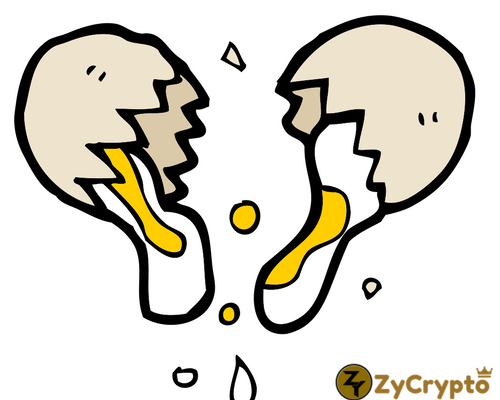The cryptocurrency market is greatly affected by events surrounding it. It’s often easy to forget, be it a newbie or veteran investor—this technology, this market, is all still very vulnerable and not immune to its ups and downs. Cryptocurrency is not untouchable or safe from volatility, nor is it, like most anything of value, a surefire way to reach personal financial goals.
Bitcoin, and altcoins in general, have surely shown the world what is possible however. And certainly for a lot of people, it has helped, and continues to help them reach financial success. But there are some factors which can lead to another dip or worse, knocking the crypto market completely on its rocket boosters—but don’t worry, no matter what happens, cryptocurrency has always managed to find its way back.
South Korea may have just cracked on the code on the regulation of Bitcoin. China and Western nations are wrestling with how to regulate it too. Deemed as “assets” by the United States’ Internal Revenue Service, it wasn’t long ago Coinbase agreed to hand over crypto holders’ account information to the IRS. Once, and if ever, global political systems find a way to regulate digital currency, it will affect the market. But just how exactly remains to be seen.
Dark Wallets are out there. And as long as they exist, the potential funding of crime and terror does as well. With the Dark Wallet, transactions take place but “off the grid”, so-to-say. Money laundering and terrorist funding is made easy. If acts of terror are found to be funded by cryptocurrency, the market will quickly feel the backlash.
Governments will make the argument crypto is harmful and harsh measures might be taken to prevent such terrorist funding. In this hypothetical situation, it’s assumed cryptocurrency itself would be blamed rather than the Dark Wallet. Any crypto-funded terrorist acts could harm the market.
A vast majority of transfers and cryptocurrency transactions, across numerous exchanges, involve credit cards. This means a ton of investors are funding their crypto holdings with credit. And as was shown during the housing boom and bust from 2007-2008, too much credit can be harmful.
Especially when investors never pay their debt. Sometimes, investors find themselves selling off their crypto to pay off their credit card debt—a fairly viscous cycle to repeat. If the market becomes flooded with credit card debt, this can wholly affect and harm it.
There will always be existing negative factors capable of harming the market. Safety is priority and as the charts dip and rise, the technology employed to protect users will continue to strengthen.
These Things Are Harmful to Cryptocurrency and Can Cripple the Market
Advertisement






